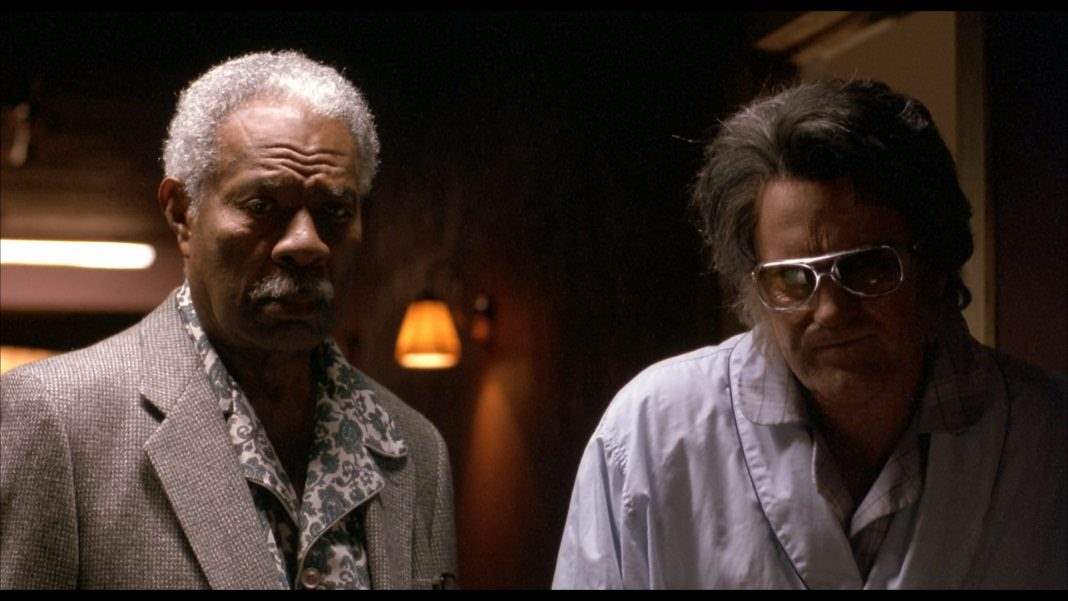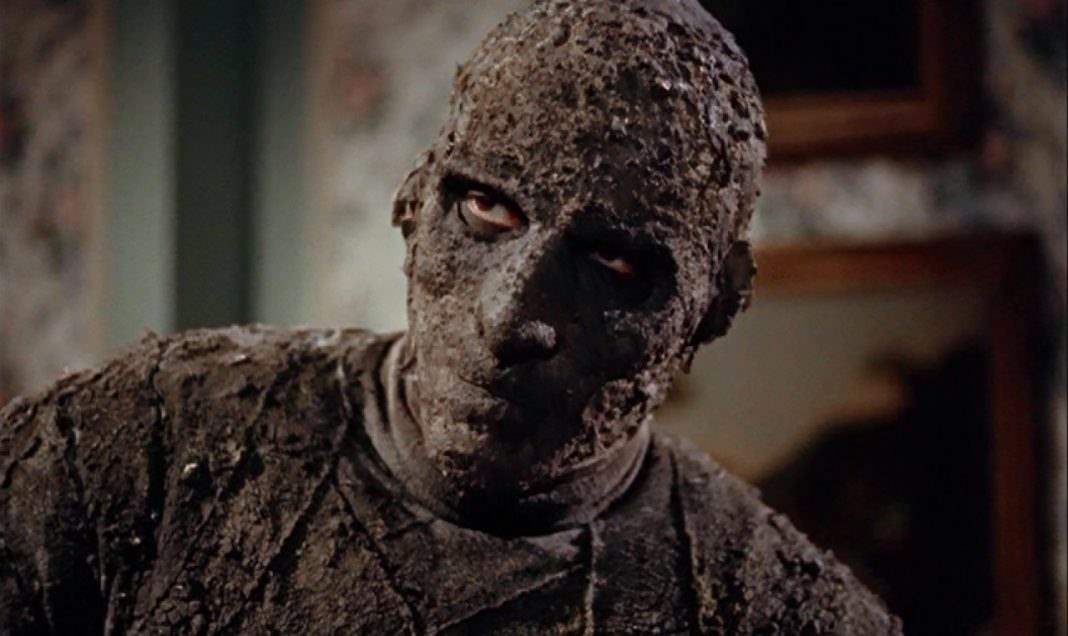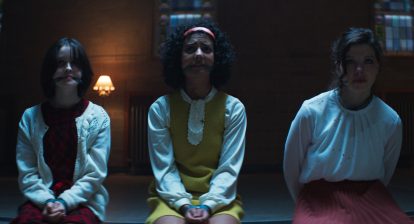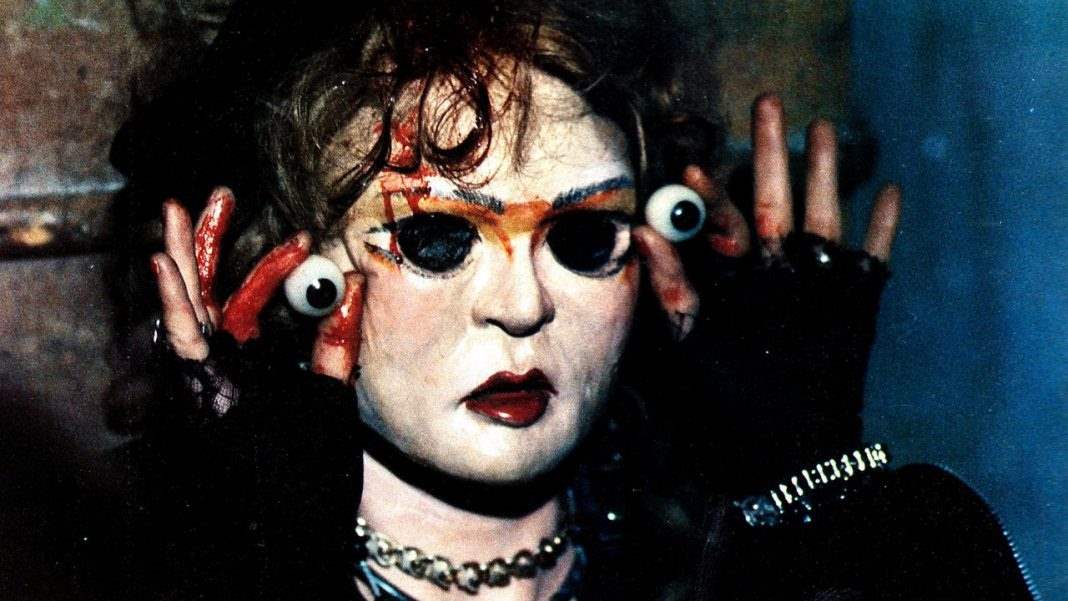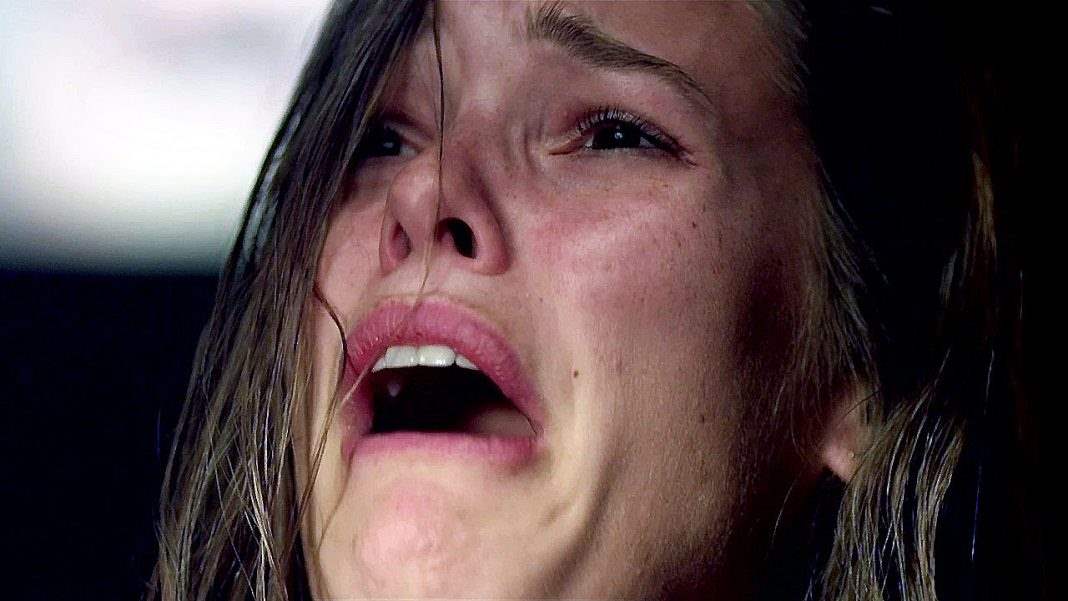Bubba Ho-Tep is easily one of the biggest cult classics to come out of the previous decade. As far as low budget indie flicks go, it was a huge success. Nobody really expected it, but that was part of what made it so great. It took audiences by surprise. You’d think that the story would sell itself: Elvis—if he really is Elvis—is living out his twilight years in a retirement home and is forced to go up against a mummy, aided only by a black man claiming to be JFK. But the story didn’t sell itself. Bubba Ho-Tep wasn’t a well-known novella. It wasn’t even Joe Lansdale’s most famous work at that point. The story was written for an anthology of post-mordem Elvis stories. Kirkus Reviews even claimed that Lansdale’s contribution was the worst of the entire collection.
Luckily, though, director Don Coscarelli saw something in it and got enough people to invest in the idea to get a motion picture off the ground. While he was a known genre director by that point, Coscarelli’s style had never lent itself to an immediate audience. He had made excellent films, but they were usually discovered over time. He hadn’t really had an immediate cult hit since Phantasm. But Bubba Ho-Tep started gaining word of mouth before it even opened, and with its limited release, people only grew hungrier for it.
But everything just seemed to come together at the right time when it came to Bubba Ho-Tep. It was a film that had everything. The weirdness of the story was precisely why it worked. That’s what Coscarelli latched onto and there are few directors who get that better than he does.
Interview: Bruce Campbell, Sami Raimi, and Rob Tapert on Ash vs. Evil Dead
Bubba Ho-Tep is a film that works not just because of the goofy premise of Elvis in a retirement home fighting a mummy, it works because it takes that premise and treats it with total sincerity. This is a movie about aging, about mortality, and about being old in a society built for the young. As fun, campy and intentionally stupid as it can be, none of that takes away from what a smart and heartfelt picture it actually is.
It also did quite a bit to reinvigorate the mummy movie, which it doesn’t get enough credit for. Yes, 1999’s The Mummy was incredibly successful and launched a franchise, but it did so by turning the story into a large-scale action epic. The classic mummy features wore out pretty quickly, with most of them having the same problem: mummies are too slow. They lumber around like zombies, but they don’t have the horde element, so you can always outrun them. It’s hard to take them and make them a legitimate threat.
But with Bubba Ho-Tep, Lansdale and Coscarelli solved the problem. In the film, the mummy is targeting the elderly. That’s why he makes a retirement home into his new stomping grounds. When everyone is as slow as the mummy, he becomes a legitimate threat.
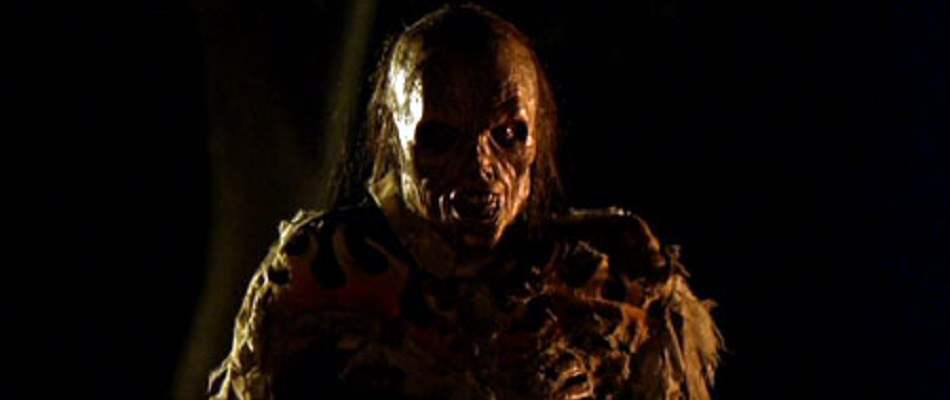 Bubba Ho-Tep has become a major cult classic. So much that there’s been talk of a sequel in the years since its release. This is partially due to the fact that one was jokingly teased in the end credits. But with the great response from critics and fans of the genre alike, the notion of a sequel quickly became a reality.
Bubba Ho-Tep has become a major cult classic. So much that there’s been talk of a sequel in the years since its release. This is partially due to the fact that one was jokingly teased in the end credits. But with the great response from critics and fans of the genre alike, the notion of a sequel quickly became a reality.
It’s been over ten years since the movie was released. Enough time to think that if a sequel was going to happen, it would have happened already. Sure, Campbell has teased the idea as recently as this past Comic Con, but I think this will be one of those actually rare cases where everyone involved has the best intentions and everyone still wants to turn out the best possible product, but nothing actually comes of it.
There are a lot of reasons for a movie not to happen. Sometimes it’s money, sometimes people just hate the script. The reason that a sequel—titled Bubba Nosferatu: Curse of the She-Vampires—didn’t happen years ago does come down to the script, but it’s actually a rare thing for the industry: it was pretty amicable. Coscarelli and producer Paul Giamatti loved the script that they had commissioned, but Bruce Campbell did not. So they thought about doing it without him. There were talks that Ron Perlman would take over the role.
If there’s one thing the Coscarelli-produced Phantasm: Ravager proves, it’s “never say never.” It sounds like if the sequel happens at this point, it will either happen without Campbell or without Coscarelli. Would fans even want that? It seems unlikely. They may say they would now only to turn on it when it is eventually released, but I think a fair amount of people see that there was a magic to not only the pairing of those two genre greats, but to the entire film as a whole. And it’s probably something that can’t be recreated.
Bubba Ho-Tep is a feature about the aging process, a very blunt one at that, and one that explored how society will always discard what’s old in favor of what’s new without a second thought. The film industry is no different. As the movie continues to age, it may continue to share the problems of its protagonist.
